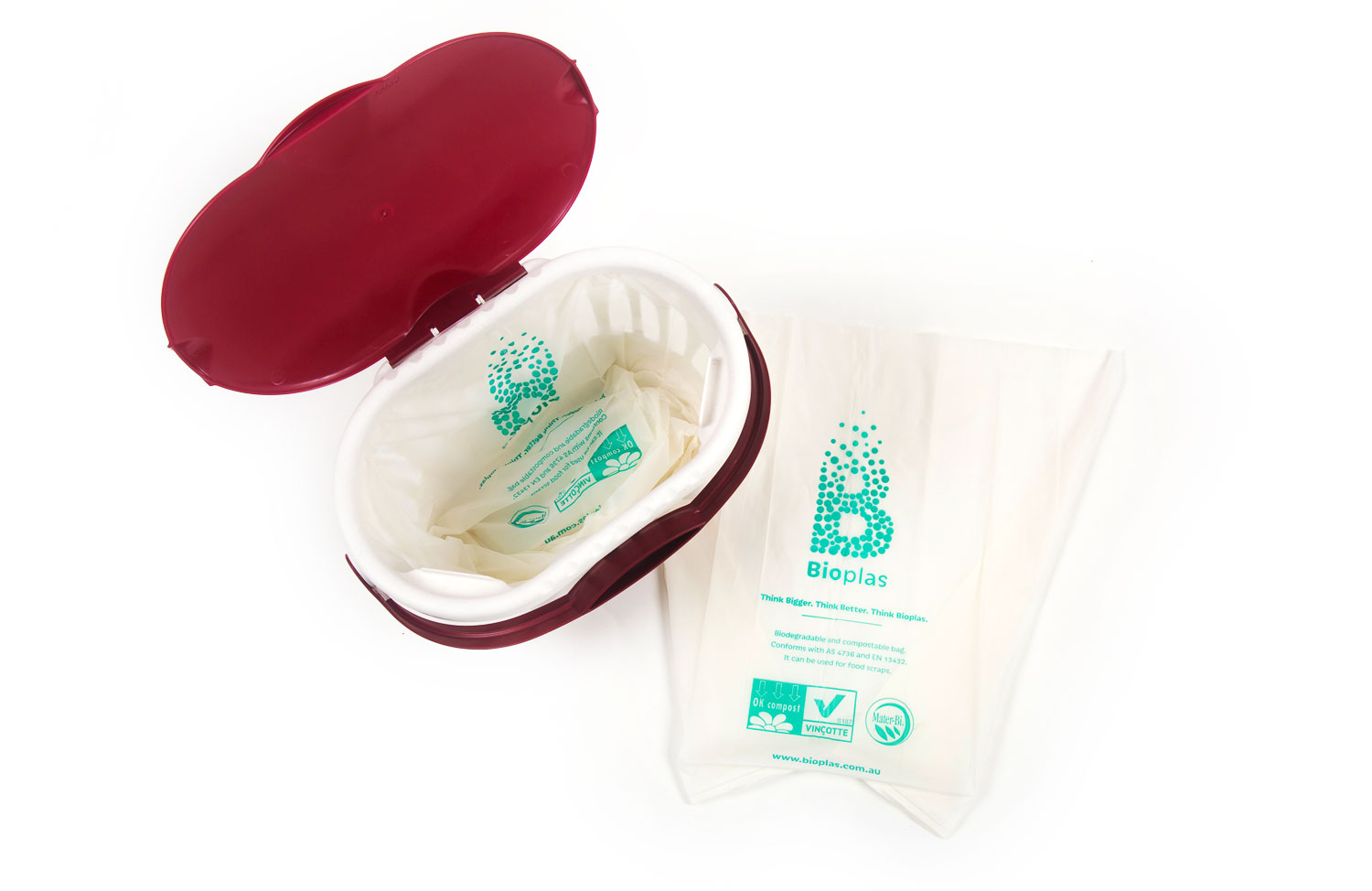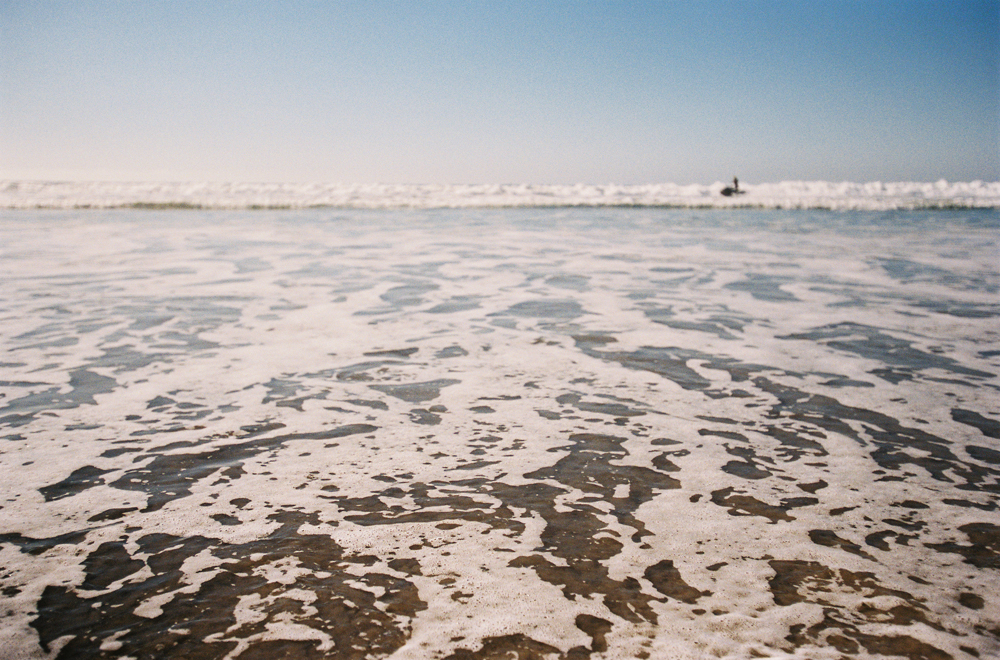
What is Bioplas?
Bioplas proprietary products are thoroughly innovated and developed by Plastral Pty Ltd, a fully owned Australian company. Our Bioplas products are made solely from certified Mater-Bi raw materials and compostable inks.
Mater-Bi materials portfolio are produced in Novara, Italy by Novamont thanks to proprietary technologies and constant research and innovation built upon the continuous goal of making new technology bioplastic polymers whilst observing a high ethical environmental profile.
Bioplastics materials have properties and characteristics of use very similar to those of traditional plastics, they are characterised by being biodegradable and compostable just like a piece of apple peel.
! Check the Certification:
To be sure that a bioplastic is truly biodegradable and compostable and it’s not harmful to the environment a standardization system has been implemented worldwide
When a product is truly biodegradable, a specific logo is printed on it. Learn more about available logos and relevant standardsThe Bioplas raw material
The whole family of Bioplas innovative products made from Mater-bi are based on plant components and biodegradable polymers totally or partially obtained from renewable resources.
The plant components are of various kinds (cellulose, glycerin, natural fillers and non-genetically modified starch obtained from various crops) and are all extracted from plantations that do not exploit virgin or deforested land.
Vegetable oils used as a raw material for polymers come from non-genetically modified crops (no use is made of palm oil or soybean oil).
Bioplas products are offered in many variations. For diverse film applications, sheet products, paper coating and injection moldings. In our exclusive association with Novamont regionally we are able to offer and technically support Mater-bi raw materials for your own product developments whilst we additionally develop Bioplas products.
What Bioplas does
All Bioplas products made with Mater-Bi grades come in a granular form and may be transformed using blow moulding, casting, extrusion/thermoforming and injection moulding machines for traditional plastics.
Rather than being considered a simple replacement for traditional plastics, this class of products should be seen as an opportunity to redesign the entire system, focusing attention on the efficient use and recovery of the resources, thus we work in those sectors where a bioplastics product can really make a tangible contribution to the efficiency with which the resources are used and where biodegradability and compostability represent an added value.
Bioplas products include
- Compostable waste bags for food waste collection
- Agricultural mulch film for sustainable agriculture
- Promotional retail bags (sustainability ethics)
- Horticultural, lawn and seedling bags
Others interesting applications
- Single use catering products (for this context where recycle would be impossible or anti-economical),
- Others farming, retail purchasing, food packaging, industry (personal hygiene and cosmetics, automotive, packaging, animal accessories, gift items)
Where Bioplas goes - disposal options
All Bioplas products realize their full environmental potential when they are used in applications in which their peculiar performance brings advantages to the system both during their use and at the end of their life, thus best end of life options include:
Anaerobic digestion and composting
Bioplas end-of-life best option is “biological recycling”, that is composting and anaerobic digestion together with kitchen and garden waste.
Home composting and worm farming
Biodegradation in household compost and soil is also guaranteed for many grades.
Other options
We should all look to reduce landfill across all waste categories, particularly more so for food waste. They generate significant methane and toxic gases emissions when in landfills.
However if Bioplas products are dispose of in landfill they do not to contribute significantly to biogas formation in a landfill.
The biodegradability of the waste can certainly not be taken as an excuse for dumping it in urban, forestry’s, waterways and oceans, but if it accidental spillage takes place be assured Bioplas will undergo biodegradation even in the marine environment.





